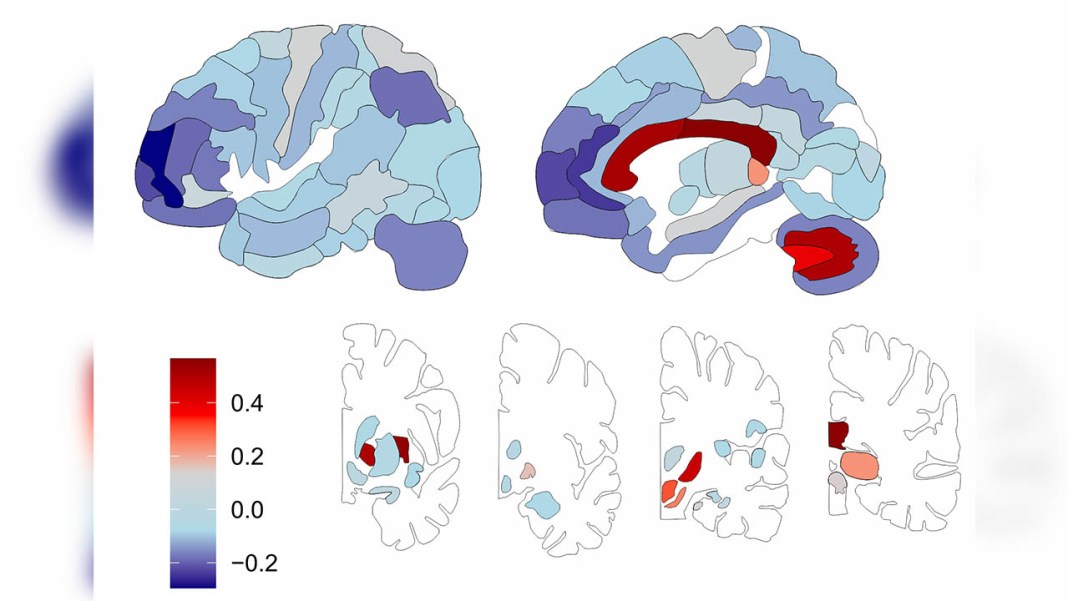Science & Technology (Commonwealth Union) – In recent GitHub news regarding the github code, a case has been filed against the platform by a group of plaintiffs. The crux of the issue revolves around the use of AI in generating code, specifically GitHub’s Copilot feature. The plaintiffs argue that Copilot, which suggests code snippets based on context, infringes on their intellectual property rights. They claim that the AI is trained on code from open-source repositories on GitHub, which may include their copyrighted code. This raises questions about the boundaries of collaboration and infringement in the world of open-source development. As the case unfolds, it highlights the ongoing debate surrounding the use of AI in software development and the delicate balance between innovation and intellectual property protection.
A decision, was made by a federal court ruled against a group of developers who sued Microsoft-owned GitHub, a claim that their Copilot AI-assisted coding tool had infringed on their copyrights. The case, which has been closely watched by the tech industry, has far-reaching implications for the future of AI-driven software development and the protection of intellectual property rights in the digital age.
GitHub Copilot, launched in 2021, is an AI-driven coding assistant that suggests code snippets and functions based on the developer’s context and intent. The tool is powered by OpenAI’s GPT-3 language model, which was trained on a vast corpus of publicly available code from GitHub repositories, among other sources.
The plaintiffs, a group of developers, claim that Copilot had copied portions of their code without permission and used it to train its AI model, thereby infringing on their copyrights. They argued that the tool’s suggestions often contained exact copies of their code, which constituted a violation of their exclusive rights to reproduce and distribute their work.
The defendants, Microsoft and GitHub, countered that their AI tool had not infringed on any copyrights, as it had only used publicly available code as training data, and that the resulting code suggestions were not direct copies of the plaintiffs’ work, but rather novel creations generated by the AI model.
The court sided with the defendants, ruling that the use of publicly available code for training an AI model did not constitute copyright infringement. The judge noted that the AI model had not directly copied the developers’ code, but had instead used it as a reference to generate new and original code suggestions.
The court also rejected the plaintiffs’ argument that the use of their code in training the AI model constituted a “derivative work” under copyright law. According to the judge, the AI model’s suggestions were not “transformative” enough to qualify as derivative works, as they did not substantially alter the original code or add new creative elements.
For developers, this means that they can expect to see an increasing number of AI-assisted coding tools enter the market, offering new levels of productivity and efficiency in software development. However, it also means that developers must be vigilant in protecting their intellectual property rights and ensuring that their code is not used without permission by AI-driven tools.
For companies like Microsoft and GitHub, the ruling is a validation of their approach to using AI in software development and a green light to continue investing in AI-driven tools and services. It also underscores the importance of carefully navigating the legal landscape surrounding AI and intellectual property rights, as the court’s decision leaves open the possibility of future challenges and controversies surrounding the git issues and others.
In the end, the court’s decision in the GitHub Copilot copyright case is likely to be a focus for both developers and tech companies, as it has been much focused on the legal status of AI-driven coding tools and their use of publicly available code as training data. While the ruling is sure to be met with mixed reactions from different quarters, one thing that is clear is AI-assisted coding is here to stay, and its impact on the future of software development will only continue to grow.







